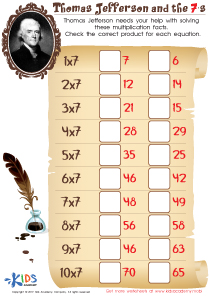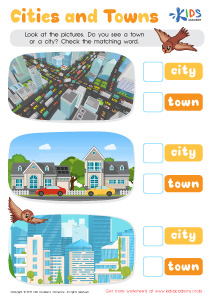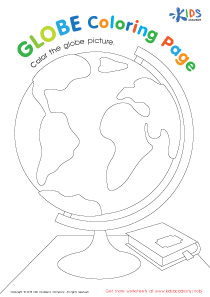Easy Governance and Civics Worksheets for Ages 4-9
3 filtered results
-
From - To
Welcome to our collection of Easy Governance and Civics Worksheets designed specifically for children aged 4-9! These engaging worksheets introduce young learners to essential concepts of government, rights, and citizenship in a fun and accessible way. With colorful illustrations and simple exercises, kids will explore the roles of community helpers, the importance of rules, and the basics of civic responsibility. Perfect for home or classroom use, these worksheets promote critical thinking and encourage discussions about fairness and community involvement. Download and print our easy-to-use resources today to inspire the next generation of responsible citizens!
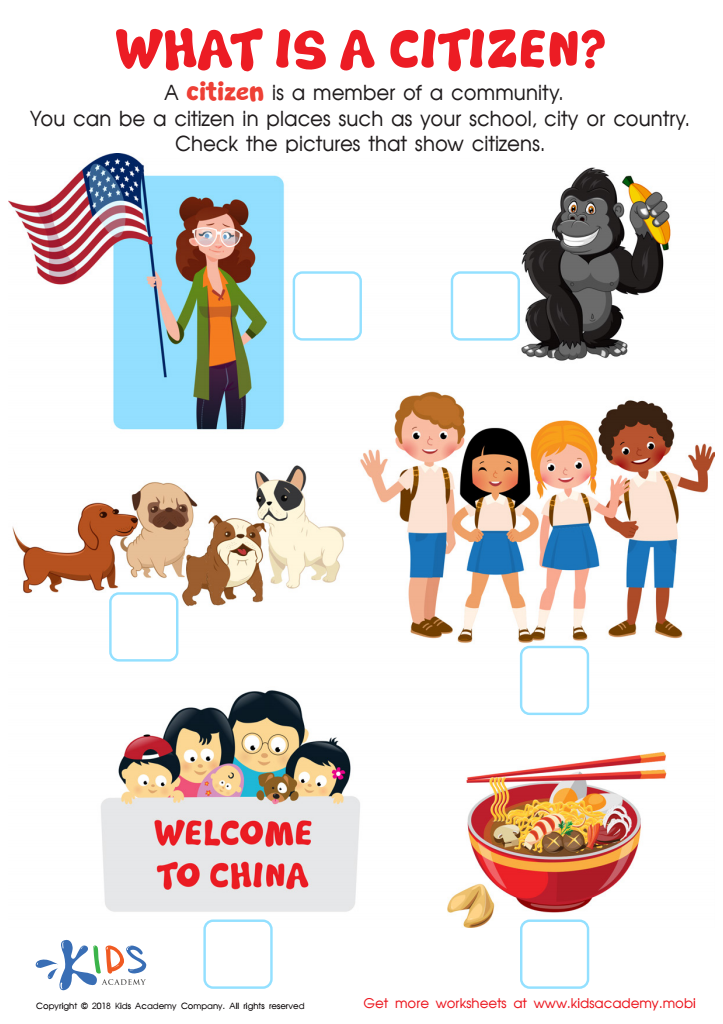

What is a Citizen? Worksheet
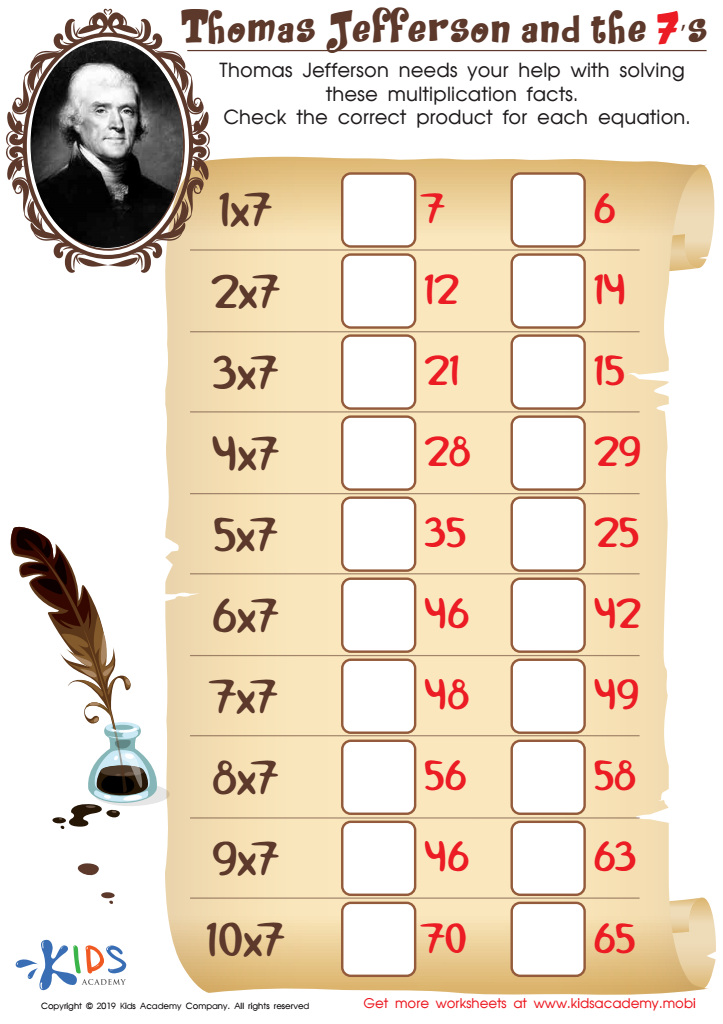

Thomas Jefferson and the 7’s Worksheet
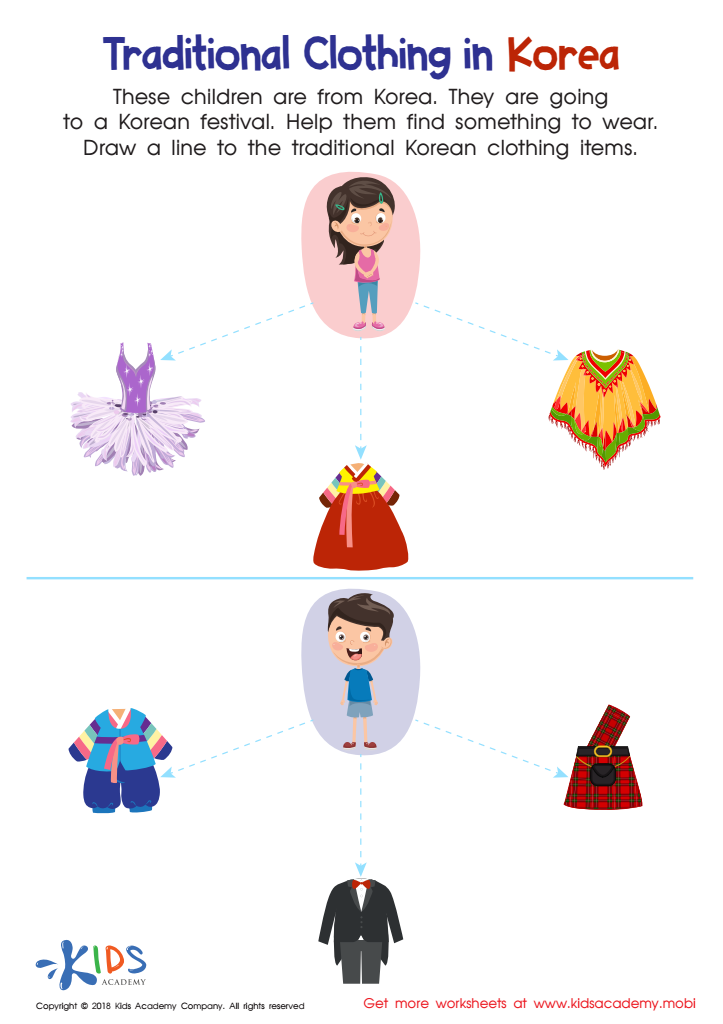

Traditional Clothing in Korea Worksheet
Parents and teachers should prioritize Easy Governance and Civics for children ages 4-9 because early exposure to these concepts fosters responsible and informed future citizens. In this formative stage, children are like sponges, absorbing information about their environment, community, and the fundamental principles of society. Introducing governance and civics in a simplified manner instills values of fairness, respect, and equality, helping young learners understand the importance of rules and the role of community members.
Moreover, understanding civic concepts enhances critical thinking and social skills. Children learn to recognize diverse perspectives, practice empathy, and develop decision-making abilities, which are essential for personal and communal engagement. Interactive lessons on governance, such as the roles of community helpers or the significance of voting, encourage participation and awareness, crucial for an active citizenry.
Additionally, laying a solid foundation in civics cultivates curiosity about the world and empowers children to question, discuss, and engage in civic activities as they grow. This early education ensures children understand their rights and responsibilities, leading to greater civic involvement and advocacy for themselves and others in the future. Ultimately, it nurtures a generation that values democracy, social justice, and active participation in community life.
 Assign to My Students
Assign to My Students


